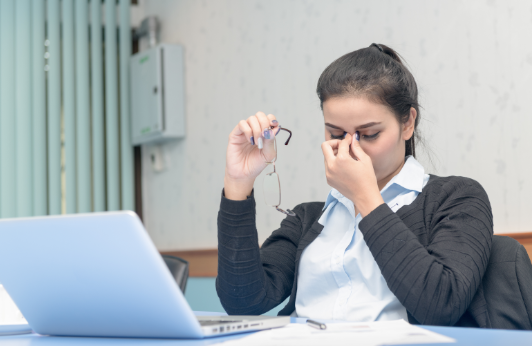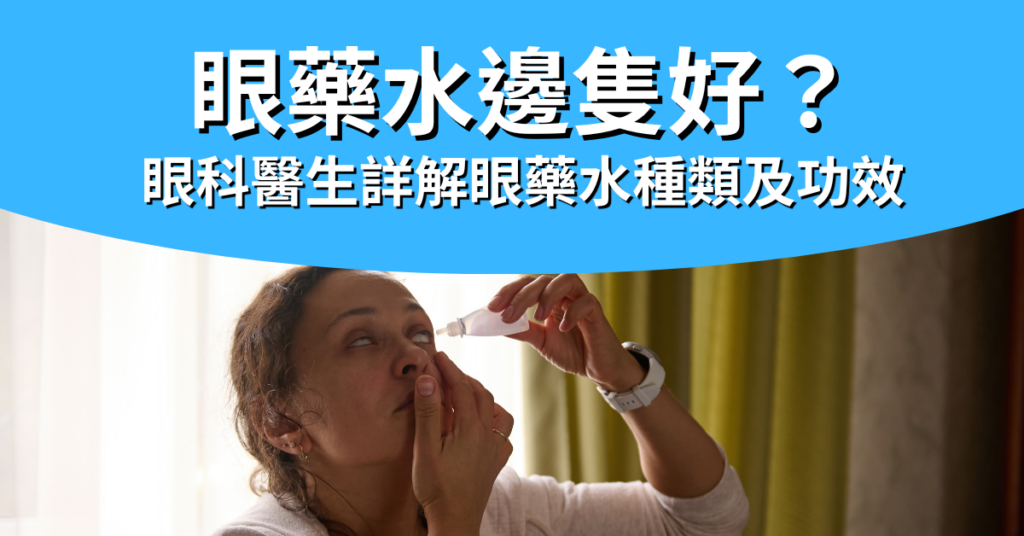【武漢肺炎】 眼睛可以傳播病毒嗎?
到目前為止,關於武漢新型冠狀病毒的信息有限,包括其傳播的容易程度和危險性。它在很多方面看起來與沙士 (SARS) 非常相似,新型冠狀病毒與SARS同源性達85%。根據疾病預防控制中心的說法,主要的傳播方式是從動物到人的。但是我們知道該病毒亦可以在人與人之間傳播,並且可以通過以下三大途徑 :
∙空氣(來自咳嗽或打噴嚏的病毒顆粒);
∙密切接觸(觸摸或握手);
∙上面帶有病毒顆粒的物體或表面(然後在洗手前觸摸鼻或眼);
病徵初期與流感相似,潛伏期平均7至14天。很多人誤解病毒浮在空氣中傳播,但暴露在空氣中的病毒也會死掉,只有活在飛沫裡的病毒有水分保護自己,才會傳播和感染。 飛沫碰到粘膜如眼睛,病毒會順著粘膜進入體內,對於新型冠狀病毒而言是一樣的。研究顯示, 分離出病毒後,證明了對人的血管收縮素轉化酶2 (ACE2) 受體容易存在結合能力,該受體主要存在於下呼吸道細胞中。因此進行插喉等高風險程序的醫護人員須戴覆蓋眼的面罩,在此環境下沒有戴護目鏡才會被感染。但我們普通大眾的常見傳染途徑就是飛沫傳播, 公共場所只要佩戴口罩就可以。因為沒有人會對著你的眼睛打噴嚏,所以一般市民則沒需要戴眼罩預防武漢肺炎。
【武漢肺炎】口罩佩戴最重要!「摳鼻、揉眼」更易成傳染途徑!
病毒可經飛沫或微粒傳播,雖然口罩可以阻絕大部份病毒和防止其他人的唾液飛出你的嘴和鼻,但是清潔雙手,避免觸摸臉部並確保定期更換口罩仍然非常重要。觸摸到公共設施、用餐前、如廁後、外出返家後都要洗手,並仔細搓洗雙手手心、手背、指縫、特別是指尖,至少要花費二十秒的時間。此外,病毒沾在手機上卻可存活二十四小時!國家衛健委與國家中醫藥管理局 在今年1月28日公布《新型冠狀病毒感染的肺炎診療方案(試行第四版)。方案新發現,病毒對紫外線和熱 ( 56℃ 30分鐘) 失去反應 ; 乙醚、70%乙醇、含氯消毒劑、過氧乙酸和氯仿等脂溶劑均可有效消滅活病毒。所以提醒大家要定期用含 70 % 濃度酒精的消毒濕紙巾拭擦手機。再者,眼鏡可能沾病毒,因此使用洗手液清潔,避免使用酒精或其它有化學特性的清潔劑,有機會損傷眼鏡。
總結而言,出入高風險地方,遇到可疑病例時,應保持1 至1.5 米的距離,停留少於30分鐘。應經常用洗手液潔手,以免沾病毒的手觸摸口,眼和鼻,出現眼癢、眼紅等結膜炎症狀時不要掉以輕心,密切觀察病情變化,及時就診。
| 預防病毒感染的五大提示 |
| 1. 定期用含 70 % 濃度酒精的消毒濕紙巾拭擦手機消毒。 |
| 2. 經常用溫水和洗手液洗手,最好洗20秒以上 。 |
| 3. 盡量避免用手揉眼睛和摳鼻子 。 |
| 4. 保持健康的生活習慣。 |
| 5. 出現眼癢、眼紅等結膜炎症狀時不要掉以輕心,密切觀察病情變化,及時就診。 |
香港建視眼科中心 湯文傑眼科醫生 https://www.hkbrighteye.com/




